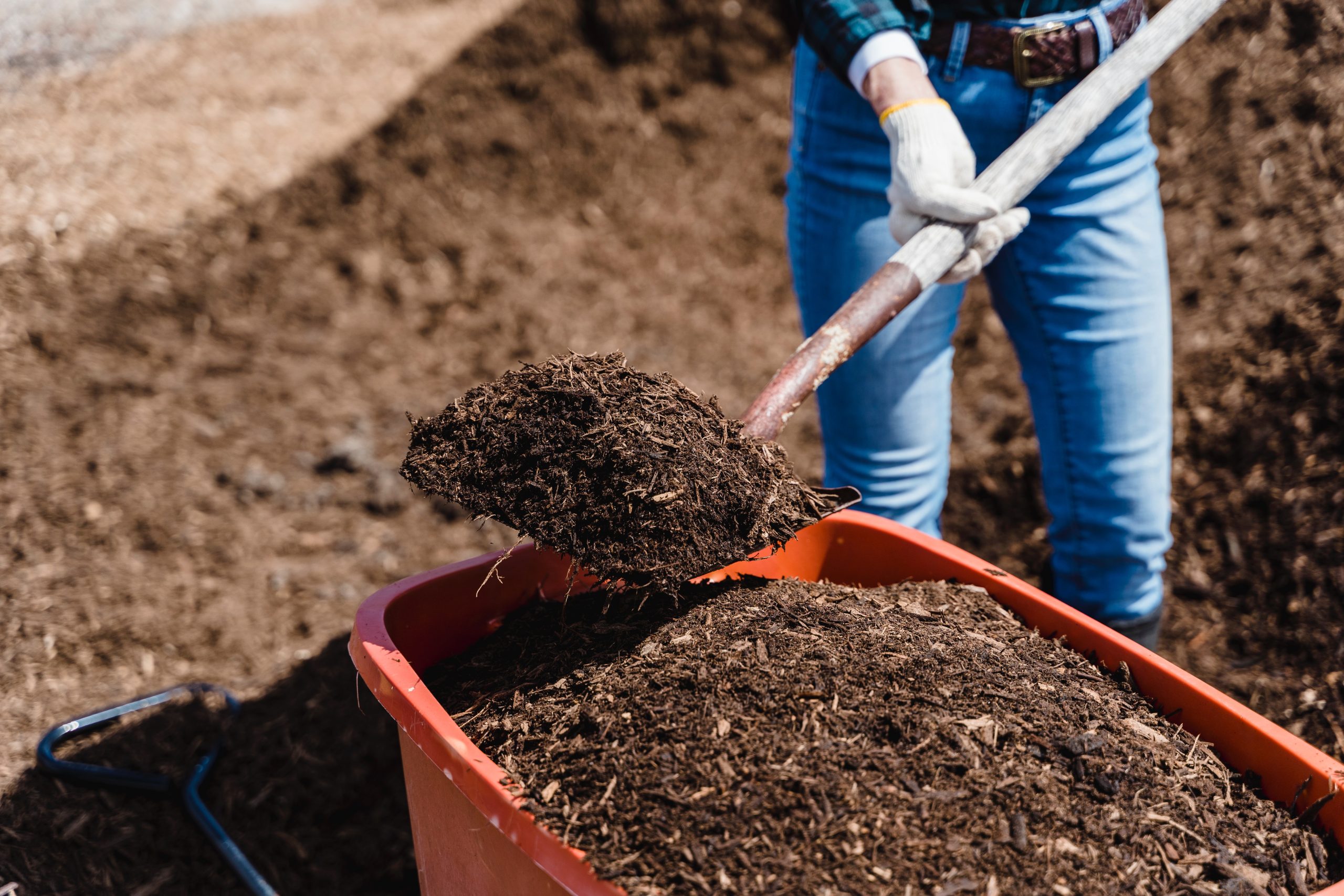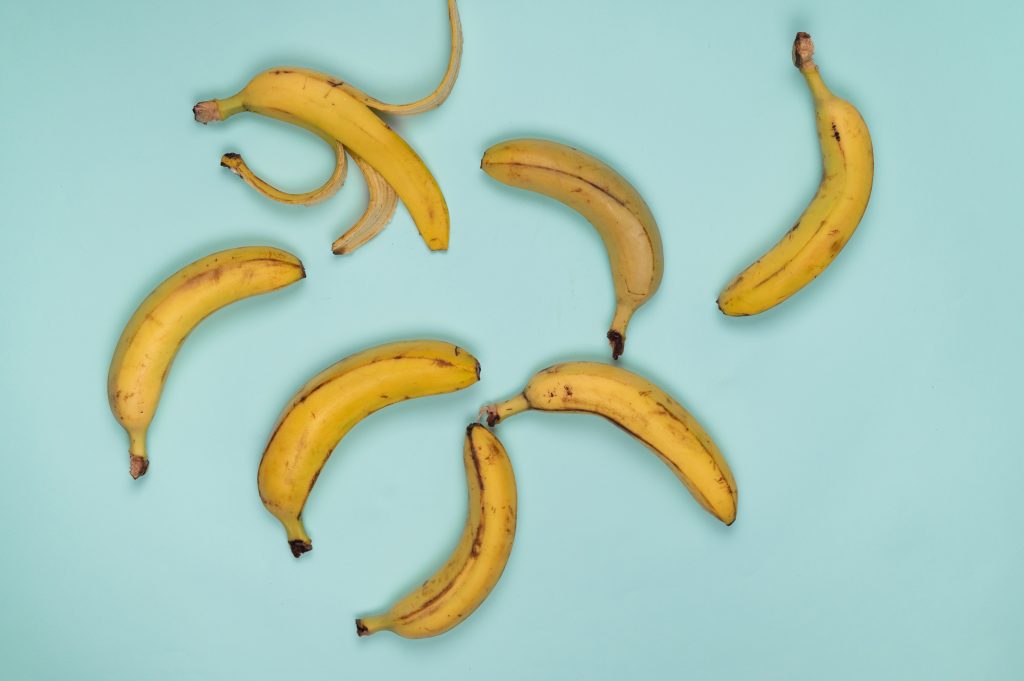
Organic fertilizers are natural substances derived from plant, animal, or mineral sources that provide essential nutrients to plants in a slow-release, sustainable manner. Unlike synthetic fertilizers, organic fertilizers are minimally processed and free from synthetic chemicals, pesticides, and genetically modified organisms (GMOs). Common examples of organic fertilizers include compost, manure, bone meal, fish emulsion, seaweed extracts, and composted poultry litter. These fertilizers improve soil structure, enhance microbial activity, and promote long-term soil health by replenishing organic matter and beneficial microorganisms. Organic fertilizers release nutrients gradually, ensuring steady growth and minimizing the risk of nutrient runoff and soil pollution. They also contribute to overall ecosystem health and support environmentally friendly agricultural practices.
Compost is a nutrient-rich organic material created through the natural decomposition of organic waste, such as kitchen scraps, yard trimmings, and other biodegradable materials. To make compost, start by layering green materials (like fruit and vegetable scraps, grass clippings, and coffee grounds) with brown materials (such as dried leaves, straw, and shredded paper) in a compost bin or pile. Ensure proper aeration by turning the compost regularly and maintaining a balanced moisture level, similar to a wrung-out sponge. Over time, microorganisms like bacteria, fungi, and earthworms break down the organic matter, transforming it into dark, crumbly compost. This process typically takes several months to a year, depending on factors like temperature, moisture, and the size of the compost pile. The resulting compost is a valuable soil amendment rich in nutrients, beneficial microorganisms, and organic matter, making it an excellent fertilizer and soil conditioner for gardens, lawns, and potted plants.
There are many natural fertilizers that you can use to help your plants grow. Here are some options:
- Compost: Compost is made by decomposing organic matter like food scraps, leaves, and grass clippings. It is rich in nutrients and can be used as a natural fertilizer for plants.
- Manure: Animal manure is a great source of nitrogen, phosphorus, and potassium, which are essential for plant growth. Just make sure to use aged manure, as fresh manure can burn your plants.
- Bone meal: Bone meal is made from ground-up animal bones and is a great source of phosphorus, which is important for root development.
- Fish emulsion: Fish emulsion is made from ground-up fish and is a great source of nitrogen and other nutrients. It can be used as a liquid fertilizer for plants.
- Epsom salt: Epsom salt is a natural source of magnesium and can help plants absorb other nutrients like nitrogen and phosphorus.
- Coffee grounds: Used coffee grounds are high in nitrogen and other nutrients and can be used as a natural fertilizer for plants. Just make sure to mix them with other organic matter before applying them to the soil.
Remember, it’s important to use natural fertilizers in moderation and to always follow the instructions on the label. Over-fertilizing can harm your plants and damage the environment.
Pealed banana for plant

Using peeled bananas as a plant fertilizer involves burying or incorporating banana peels into the soil to provide nutrients and improve soil health. Banana peels are rich in potassium, as well as other essential nutrients like phosphorus, calcium, and magnesium, making them beneficial for plants. To utilize banana peels as fertilizer, simply chop or shred the peels and bury them in the soil near the base of plants or mix them into compost piles. As the banana peels decompose, they release nutrients gradually, enriching the soil and promoting healthy plant growth. Additionally, banana peels can help improve soil structure, retain moisture, and attract beneficial soil organisms like earthworms. Incorporating banana peels into gardening practices is a cost-effective and eco-friendly way to provide plants with essential nutrients while reducing waste.
Yes, you can use a peeled banana as a natural fertilizer for plants. Bananas are rich in nutrients like potassium, phosphorus, and calcium, which are essential for plant growth. Here’s how you can use a peeled banana as fertilizer:
- Cut the banana peel into small pieces.
- Bury the banana peel pieces in the soil around the plant you want to fertilize.
- Water the plant as usual.
As the banana peel decomposes, it will release nutrients into the soil that will help the plant grow. You can also make a banana peel tea by soaking the peels in water for a few days and then using the water to water your plants. This will give your plants a quick boost of nutrients.
